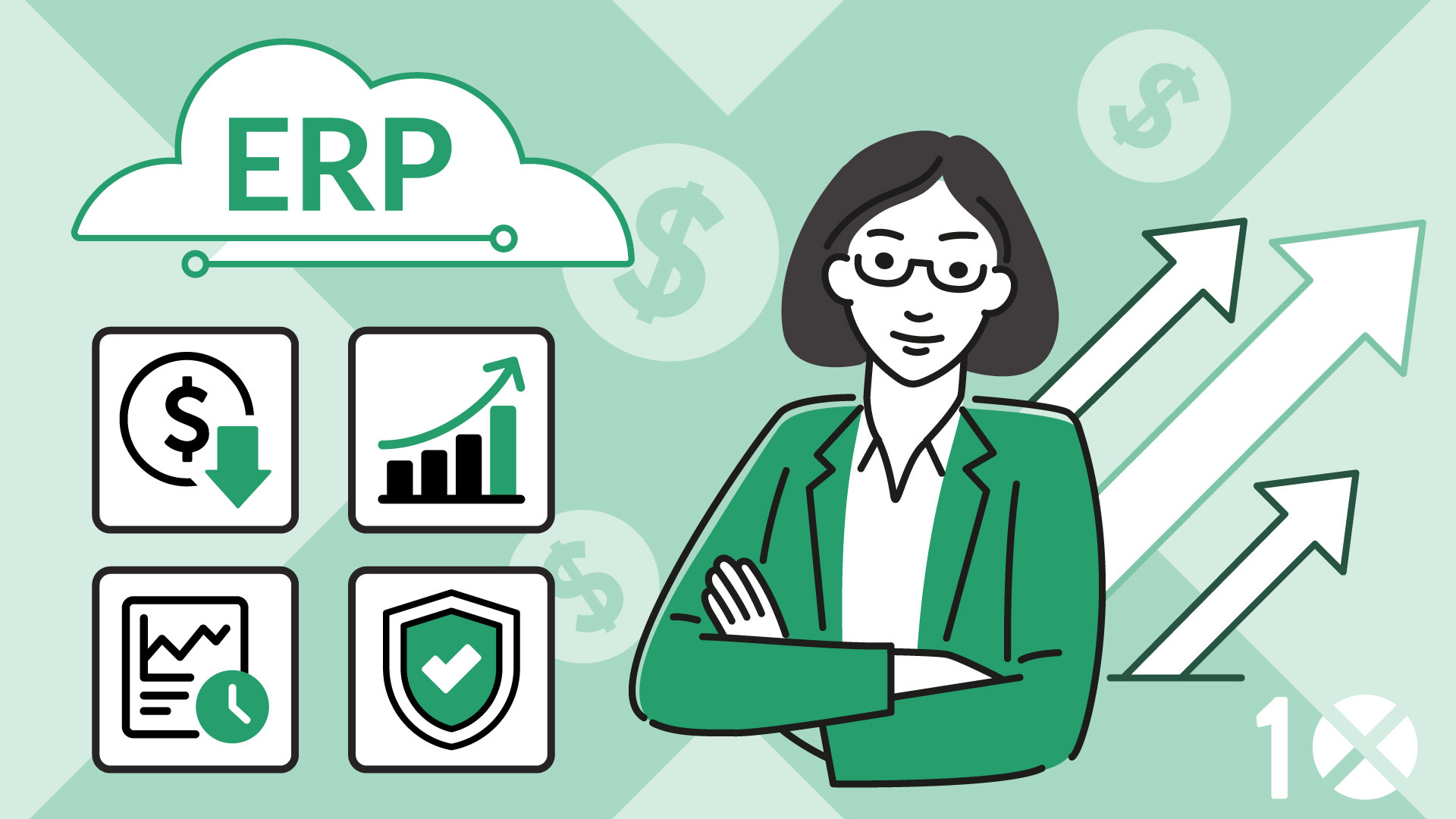Summary
- Cloud ERP systems offer lower upfront costs and predictable ongoing expenses through a subscription-based model, unlike traditional ERP systems that require significant initial investments in hardware and infrastructure.
- Cloud ERP provides superior scalability and flexibility, allowing businesses to easily adjust system features and access real-time data remotely. Traditional ERP systems are less adaptable and costly to scale.
- Cloud ERP ensures robust data security and accessibility with enhanced disaster recovery and compliance measures. It surpasses the capabilities of traditional ERP systems, which demand higher investments in security infrastructure.
In the dynamic distribution world, businesses face a pivotal decision in their digital transformation journey: selecting the right ERP system. This choice is not just about software; it’s about setting the stage for future growth, adaptability, and competitive advantage. With the advent of cloud technologies, the debate between adopting cloud-based ERP systems versus traditional on-premise solutions has become more relevant. This analysis aims to unpack the cost-benefit implications of each, guiding companies toward making an informed decision that aligns with their strategic goals.

Initial and Ongoing Costs
Traditional ERP Systems often entail substantial upfront investments. These include hardware, licenses, implementation services, and a dedicated IT team for maintenance. The capital expenditure (CapEx) model predominates, leading to a significant initial financial commitment. Additionally, unexpected costs can arise from hardware upgrades, software updates, and system customizations.
On the other hand, Cloud ERP Systems like those offered by 10X ERP typically operate on a subscription-based model (operating expense or OpEx), which spreads the cost over time. This approach eliminates the need for heavy upfront investments in hardware and infrastructure. Cloud ERP providers manage the IT infrastructure, reducing the expenses related to maintenance and updates. This means a lower entry barrier to advanced ERP capabilities and predictable budgeting for businesses.

Scalability and Flexibility
Scalability is where Cloud ERP shines, offering the agility to scale ERP capabilities in line with business growth or seasonal fluctuations. Cloud systems allow companies to easily add or remove users and features, ensuring the ERP system evolves with the enterprise. This flexibility extends to working practices; cloud ERP supports remote access, enabling real-time decision-making from anywhere in the world.
In contrast, scaling up with a Traditional ERP system can be cumbersome and costly. Integrating new modules or user licenses often requires additional hardware purchases and extensive IT labor. The rigidity of these systems can stifle growth and agility, especially for businesses in fast-evolving industries.

Data Security and Accessibility
Data security remains a top priority for businesses, with concerns around data breaches and loss. Traditional ERP systems offer security through control over physical servers and data storage. However, they also require significant investment in security measures, backup solutions, and disaster recovery plans.
Cloud ERP providers, including 10X ERP, invest heavily in security, compliance, and data protection measures, often surpassing what companies could afford independently. Cloud solutions offer robust backup and disaster recovery options, ensuring business continuity. Moreover, cloud ERP grants enhanced data accessibility, empowering teams with real-time insights and collaboration capabilities, irrespective of location.
Conclusion: The Strategic Edge of Cloud ERP for Businesses
The cost-benefit analysis of Cloud ERP versus Traditional ERP Systems reveals a clear strategic edge for cloud solutions, especially for distribution businesses. Cloud ERP’s lower initial and ongoing costs, unparalleled scalability, flexibility, and enhanced data security make it attractive.
By adopting cloud ERP, companies can focus on their core business strategies without the burden of managing complex IT infrastructures. This transition facilitates operational efficiencies and drives innovation, enabling businesses to stay ahead in the competitive landscape. Ultimately, choosing cloud ERP is not merely a technological upgrade but a strategic investment toward achieving sustainable growth and profitability.
In a world where agility, efficiency, and insight are key business drivers, cloud ERP systems offer an invaluable toolkit for businesses to successfully navigate their digital transformation journey. The future is cloud-based, and companies aiming to scale profitably and exponentially must embrace this change now. With 10X ERP, businesses can seamlessly integrate their operations and achieve unparalleled growth in today’s competitive market. Contact us today to learn more about how 10X ERP can drive your business’s success.
